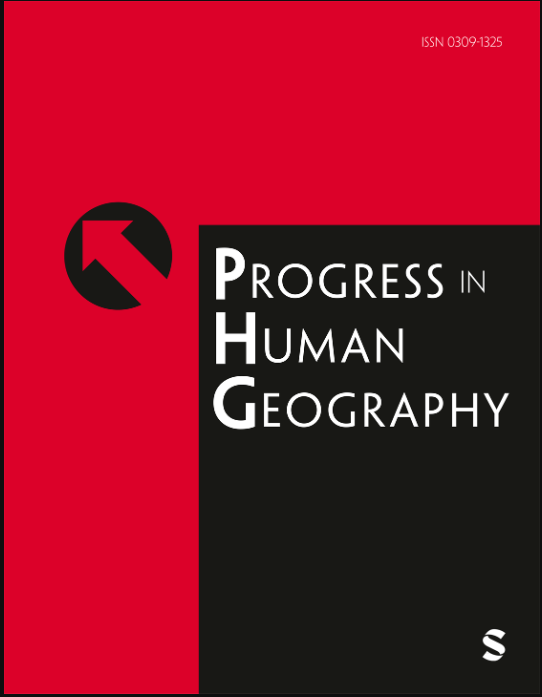Is Fascism really back in Italy?
IF 6.3
1区 社会学
Q1 GEOGRAPHY
引用次数: 1
Abstract
Italy was the homeland of Fascism (proper noun). From 1922 until 1943, a self-described Fascist regime ruled the country. As a result of the national election on 25 September 2022, a political party with its roots in that Fascism became the dominant partner in a far-right coalition national government. Does this signify the full-fledged return of the past for Italy's future or does it represent something else again? As Umberto Eco once claimed, Fascism was an unstable cocktail of beliefs and practices associated increasingly with the whims of one man: Benito Mussolini. From this perspective, unlike Nazism, which can be plausibly defined neatly in terms of its central obsessions with biological races and anti-semitism, Fascism has lent itself to multiple interpretations. Hence, fascism (common noun) has become a term used in a myriad of ways to describe a range of political ideologies, albeit all anchored to the singular significance of national identities at the expense of much else. I challenge Eco's claim that Fascism had no elemental ideological core and then trace the history of Fascism in Italy and how its memory lived on after the demise of the regime most intimately connected to it. I then turn to recent Italian politics and what the changed historical-geographical context of the times suggests about which elements, if any, of the original Fascism can be expected to re-emerge under the new regime. I end with the conclusion that whatever “fascism” does presently emerge in Italy will be unlike the original version. In fact, most of the core of what branded the original Fascism looks mostly irreproducible in contemporary Italy.法西斯主义真的回到意大利了吗?
意大利是法西斯主义的故乡(专有名词)。从1922年到1943年,一个自称法西斯的政权统治着这个国家。在2022年9月25日的全国大选中,一个植根于法西斯主义的政党成为了极右翼联合国家政府的主要合作伙伴。这是否意味着意大利的未来将全面回归过去,还是又代表了别的什么?正如翁贝托·艾科(Umberto Eco)曾经声称的那样,法西斯主义是一种不稳定的信仰和实践的混合物,它越来越多地与一个人的异想天开联系在一起:贝尼托·墨索里尼(Benito Mussolini)。从这个角度来看,与纳粹主义不同,纳粹主义可以用其对生物种族和反犹太主义的核心痴迷来合理地定义,法西斯主义给自己提供了多种解释。因此,法西斯主义(普通名词)已经成为一个以无数种方式用来描述一系列政治意识形态的术语,尽管所有这些都以牺牲其他许多东西为代价,以国家身份的单一意义为基础。我质疑艾柯关于法西斯主义没有基本意识形态核心的说法,然后追溯法西斯主义在意大利的历史,以及在与法西斯主义最密切相关的政权灭亡后,对法西斯主义的记忆是如何存在的。然后,我转向意大利最近的政治,以及时代变化的历史地理背景表明,如果有的话,原始法西斯主义的哪些因素可能会在新政权下重新出现。我最后得出的结论是,无论目前在意大利出现什么“法西斯主义”,都将与最初的版本不同。事实上,在当代意大利,被贴上原始法西斯主义标签的大部分核心内容似乎都是不可复制的。
本文章由计算机程序翻译,如有差异,请以英文原文为准。
求助全文
约1分钟内获得全文
求助全文
来源期刊

Progress in Human Geography
GEOGRAPHY-
CiteScore
16.40
自引率
7.00%
发文量
56
期刊介绍:
Progress in Human Geography is the peer-review journal of choice for those wanting to know about the state of the art in all areas of research in the field of human geography - philosophical, theoretical, thematic, methodological or empirical. Concerned primarily with critical reviews of current research, PiHG enables a space for debate about questions, concepts and findings of formative influence in human geography.
 求助内容:
求助内容: 应助结果提醒方式:
应助结果提醒方式:


